
Maybe I owe Thomas Hobbes an apology. All these years I thought he was just a propagandist for Charles II. I thought Hobbes was wrong about human nature. He insisted we needed a strong government, a Leviathan, to control man's evil nature. Without this strong government, we would be in constant fear, in danger of violent death, "and the life of man, solitary, poor, nasty, brutish, and short."
This is not what I have concluded of human nature with some 35 years of talking to folks in jails, prisons, and mental hospitals. Or those people on the outside who are largely indistinguishable from those on the inside. I have tended to the argument of Rousseau that "nothing can be more gentle than man in his primitive state...." And of Kropotkin, that the natural state of man (without the Leviathan) is one of mutual aid. Differently put, people, unless society locks them in cages together like rats in a small pen, do a pretty good job of getting along. They help each other because the cooperative groups are more likely to survive. Until we have been damaged, we don't have a desire to damage other people.
I am not ready to jettison this view of human nature. But I have been reading a book by Steven Pinker that argues that when Hobbes was asking to for strong government, he had his reasons, and a good argument apart from trying to please a young king. Pinker proves quite convincingly that without strong government, in history, rates of murder have been higher. Much higher. Not uncommonly, a hundred times higher.
No wonder Hobbes was born as twins with "fear." No wonder, he wanted someone, even a silly, hedonistic Merrie Monarch, with the power to stop the violence.
Pinker has published "The Better Angels of Our Nature: Why Violence Has Declined." He compares murder rates throughout the existence of our species. He looks at the level of homicides during anarchy of the hunting, gathering, and horticultural societies. He argues a five-fold decrease in murders in moving into agricultural societies. In the move from feudal territories to kingdoms, he argues a ten-fold to fifty-fold decline in the murder rates. Since World War II, he argues we have moved into a New Peace and a time of fewer civl wars, genocides, repressions by autocratic governments and terrorist attacks.
Oh Thomas, I'll be more patient with you in the future.
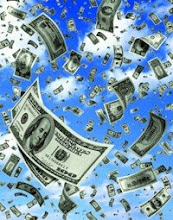
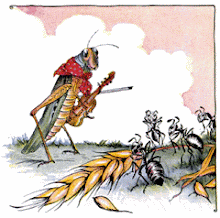













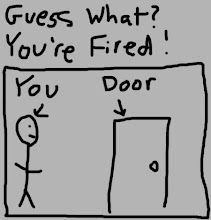
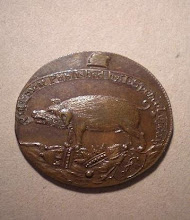









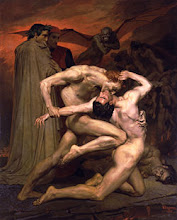_-_Dante_And_Virgil_In_Hell_(1850).jpg)











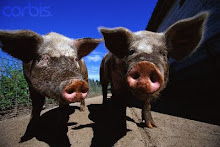



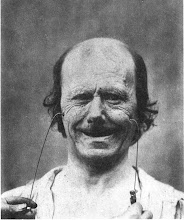
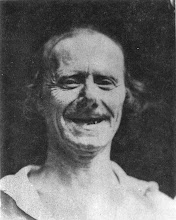


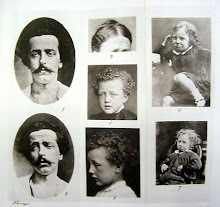



















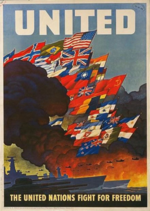

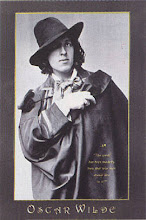
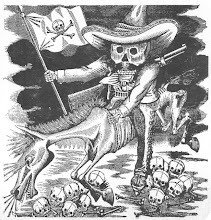












No comments:
Post a Comment